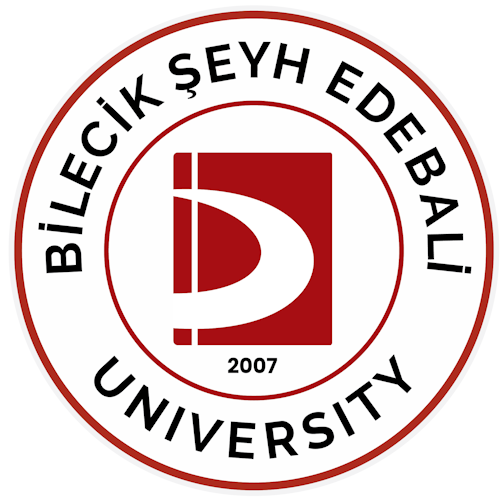TIME MANAGEMENT
Time Management
20 October 2024 SundayWhat is Time Management?
“Time management” refers to the way you organize and plan how much time you spend on specific activities.
It may not seem logical to spend time planning how to do a task instead of just starting it, but the benefits are significant. Properly managed time leads to greater productivity and efficiency, a better professional reputation, reduced stress, increased opportunities for career advancement, and the ability to achieve goals.
On the other hand, failing to manage your time well can result in missed deadlines, inefficient workflows, poor work quality, a damaged professional reputation, stagnation in your career, and higher stress levels.
Investing a little time now in managing your time effectively will yield significant benefits throughout your career. Here are some strategies:
-
Create Time Audits.
Start by learning what you spend your time on throughout the day. Use a time management app (an Android app or a simple notebook) and track everything you do for a week. Then, create a report based on the time spent. This report will help you identify areas for improvement. For instance, you may be spending too much time in unproductive meetings or on low-priority tasks. -
Define Desired Outcomes Before Meetings.
Have a clear purpose before starting meetings. Concluding a meeting without wasting anyone's time allows everyone to return to work and be more productive. -
Set Time Limits for Tasks.
Look at your time audit and identify tasks that take longer than expected. By setting time constraints for these items, you can focus better and work more efficiently. -
Plan Your Week on Sundays.
Starting the week with a plan helps you focus on priorities. -
Create a To-Do List.
Make a to-do list and check off tasks as you complete them. Sometimes unexpected tasks arise during the day. At the end of the day, for additional satisfaction, note these in a separate list beside your to-do list. -
Minimize Distractions.
When working on focused tasks, consider putting a “do not disturb” sign on your door. Silence your mobile phone. -
Don’t Wait for Inspiration—Act Now.
Some artists wait for inspiration to strike; don’t wait for inspiration to complete assigned tasks—just do the work. -
Don’t Spend Too Much Time on Perfection.
Avoid getting caught up in small details. Not everything has to be perfect. Often, being very good or just good enough is sufficient.

